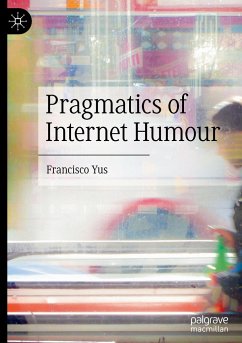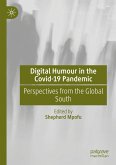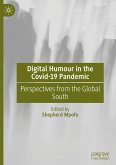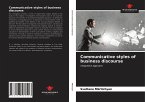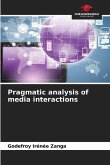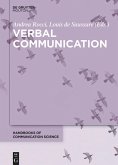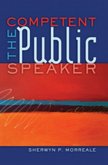This book provides a first thorough analysis of internet humour from a cognitive-pragmatic perspective, covering a wide range of discourses that are pervasive online and focusing especially on messaging interactions, social networking sites and memes. Its chapters describe the inferential strategies implemented to turn online coded discourses into meaningful interpretations, which in turn can be devised and manipulated for the sake of humour. Furthermore, and apart from the typical object of pragmatic research (humorous discourses), the book emphasises the importance of the interfaces' design and of the qualities of the users engaged in humorous interactions (called contextual constraints), additionally highlighting the parallel significance of the various effects, shaped as feelings and emotions, that stem from humorous communication on the internet. In sum, the book delivers a rich and detailed account of humorous internet discourses through dissecting their affordances as a medium,tracking the users' intentions, and predicting the audiences' interpretive strategies, with the goal of helping the reader obtain a better understanding of internet humour and its role in today's online interactions.
Bitte wählen Sie Ihr Anliegen aus.
Rechnungen
Retourenschein anfordern
Bestellstatus
Storno

